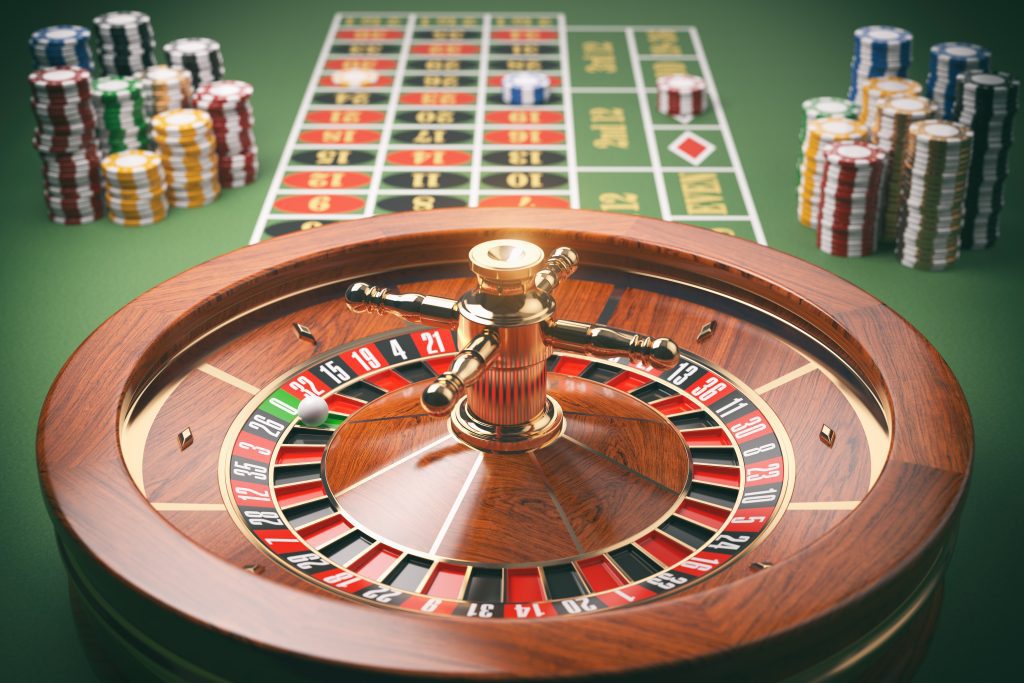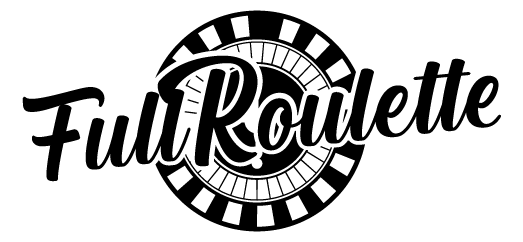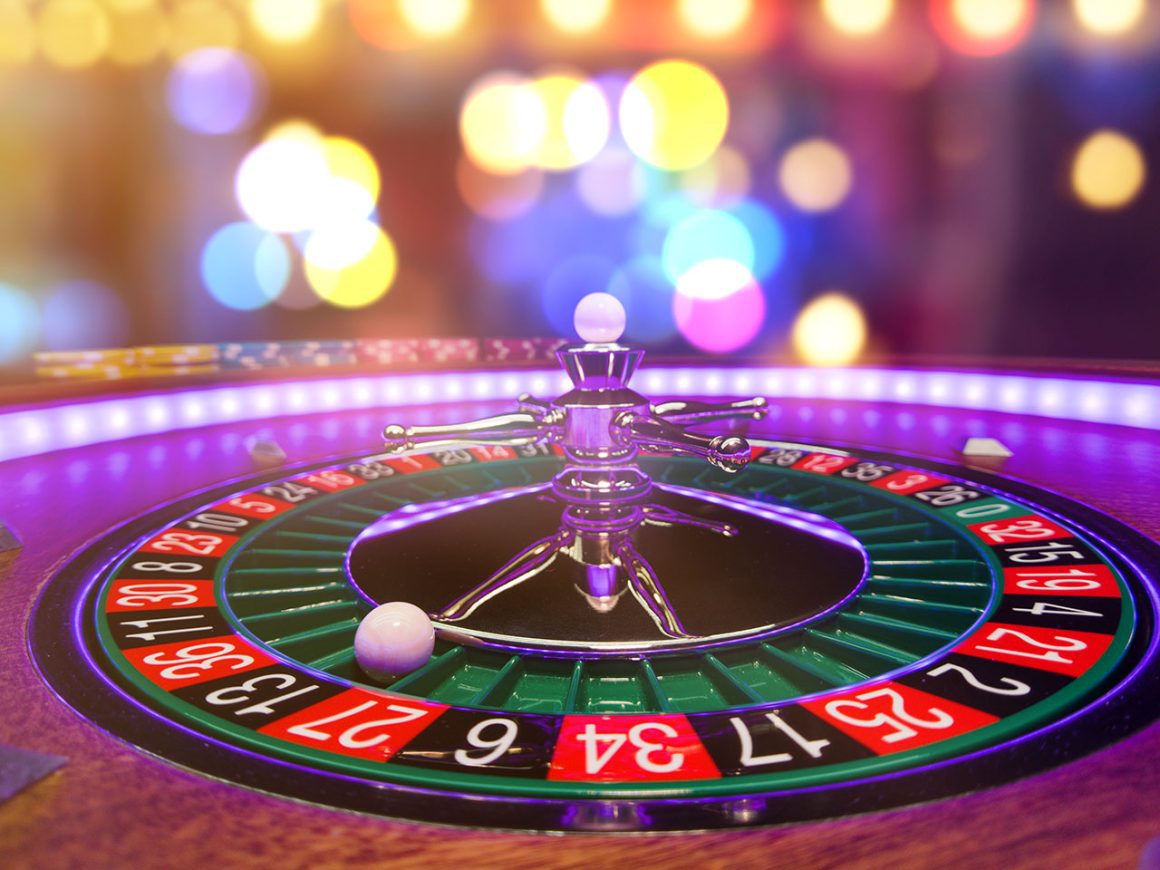Roulette is a popular casino game for its spinning wheel, color combinations, and never-ending entertainment. Players from across the globe visit the most popular casinos to engage in the roulette experience. While this table game has many fans, a large number of people have speculations regarding the spinning wheel’s action and how the mechanics influence the outcomes. If you have heard roulette myths and misconceptions, we can help you clear your head with the factful information behind each concept. Let’s dive into the details to find out the true story.
Debunking the Common Roulette Myths
Roulette is a luck-based game. Despite the betting control that players have, this table game is purely based on wheel mechanics to draw results. If you have played roulette over the years, you might be familiar with the positive and negative emotions some players have. To help you eliminate all the doubts, we have covered the most common roulette myths and misconceptions with their truth below.
Myth – You Can Predict the Ball’s Landing Point
A common myth some roulette players stick to is that players can predict the ball’s landing point on the wheel. If you are unsure whether it is true, allow us to elaborate on the concept. The roulette wheels are designed in a unique way. They undergo various tests to evaluate the free movement of the ball and the action of the wheel. When the wheel spins, the dealer throws the ball randomly, waiting for it to stop on a particular number.
Since roulette is a mechanical game, each spin is unique and has varying outcomes. Even the dealer has no clue about where the ball will land. Remember, roulette is a luck-based game, and only a player’s fate can determine the outcomes. The next time you hear casino players quoting this myth, you can state the truth and clear their confusion.
Myth – Some Roulette Numbers are Hotter or Colder Than Others
Another common misconception among some roulette players is that certain numbers are hotter or colder than the rest. Hot and cold numbers refer to those that are most likely or least likely to win. The idea behind this myth is that the ball stops on certain numbers more often than the rest. If players bet on those numbers, they are more likely to win as compared to betting on other numbers. However, the truth speaks differently.
This myth is only a misconception and has no real ground. When the dealer throws the ball in the spinning wheel, the ball stops randomly based on the wheel’s motion. Sometimes, the ball stops at certain numbers more than others. However, it has nothing to do with numbers being hot or cold. The ball’s movement is completely rig-free and random. Each number on the table has an equal chance of being hit. Remember, the wheel’s action is thoroughly tested when manufactured to eliminate such doubts.
Myth – There Is a Guaranteed Winning System or Strategy
A common myth many players believe is that roulette has a particular system or strategy to win. Like other table games in casinos, roulette has various strategies to turn the odds in one’s favor. However, these strategies are only about placing bets. You can choose from betting on specific numbers, number groups, color combinations, or odd/even numbers. Each strategy gives you the edge to increase your winning chances. However, none of them guarantees to win.
There are hundreds of cases where players rely on each of the above techniques and fail to win. If there was a known strategy that guaranteed winning the pot, the game’s popularity would have a different status. When playing roulette, it is worth remembering that the roulette strategies only influence your bets. They never impact or interfere with the wheel’s action or the ball’s stopping point. The next time you hear some folks advocate this idea, you can tell them the truth behind this common myth.
Myth – Players Can Beat the Roulette Wheel
When debunking the roulette myths, discussing this one is crucial. A lot of players believe that the wheel is beatable. Simply put, there is one way or the other to bypass the wheel’s action in the game. Before you let this thought get to your head, you must remember that each roulette wheel has a zero (or two zeros) that can nullify the player’s bets. These points represent the house edge. They also indicate that the house always has the upper hand in the long run.
There is no practical way players can beat the spinning wheel. The wheel operates free of any influence, including the dealer’s. This means that players have no access or control over the wheel’s movement and the ball’s stopping point. They can only hope for the ball to land on their favorite number(s). More importantly, casinos are answerable to regulatory authorities for cheating with players. If there were such a possibility, we would have been aware of it much sooner.

Myth – Croupiers Can Decide Where the Ball Lands
Stemming from the above myths, the misconception of the croupier’s control over the ball needs to be debunked. Croupiers are the roulette dealers that take bets and spin the wheel. Since they are the ones who set the wheel in motion, some players believe that croupiers have control over the ball’s movement.
The truth is the ball moves independently of anyone’s influence. The dealer only throws it on the wheel but does not know its stopping point. One way to debunk this myth is to get a roulette wheel and ball yourself. Spin the wheel first and then throw the ball. You may notice that the ball’s stopping point remains undetermined as long as it moves.
Final Thoughts
The above details highlight the most common roulette myths and misconceptions with their truths. Debunking these myths can help you eliminate the doubts and focus on the game skills. As a player, you may only have control over the roulette strategies you apply to the game. However, there is never a guaranteed way of winning the game. If you want to stay ahead of the latest roulette updates and tips, check out Full Roulette to find what you need.


Leave a Reply